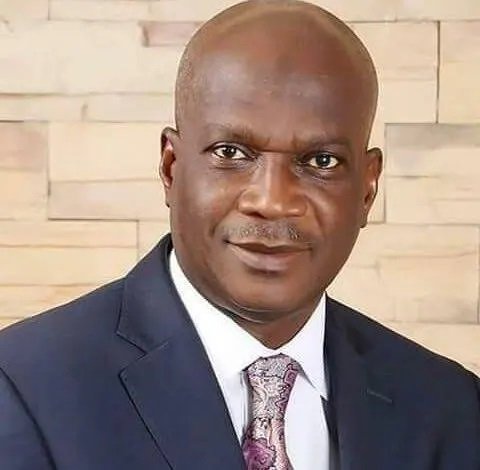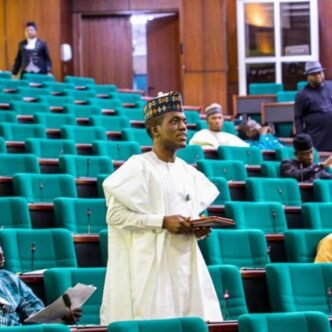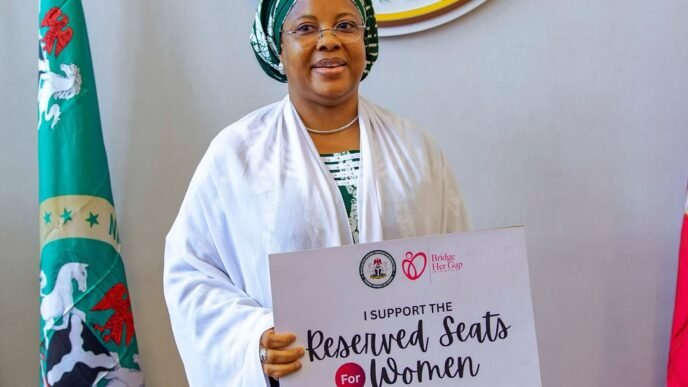HB. 770-A BILL FOR AN ACT TO ALTER THE CONSTITUTION OF THE FEDERAL REPUBLIC OF NIGERIA CAP.23 LAWS OF THE FEDERATION OF NIGERIA 2004 TO MANDATE ALL GOVERNMENT STATUTORY CORPORATIONS, COMMISSIONS, AUTHORITIES, AGENCIES INCLUDING ALL PERSONS AND BODIES ESTABLISHED BY LAW TO SUBMIT YEARLY FINANCIAL STATEMENT TO THE AUDITOR GENERAL WITHIN A SPECIFIED PERIOD AND FOR RELATED MATTERS. Bill Sponsored by Hon. Tasir Olawale Raji. Bill Progress: Committee Stage
This Bill seeks to alter Sections 85 and 125 of the Constitution to mandate all
government statutory corporations, commissions, authorities, agencies including all persons and bodies established by Law, both at federal and state level to submit yearly financial statements to the Auditor General within 90 to 180 days of the new financial year
HB. 770 is a Bill currently before the Nigerian House of Representatives that aims to amend the Constitution of the Federal Republic of Nigeria to strengthen financial accountability.
Key Provisions of HB. 770:
Mandate Yearly Financial Statement Submission: The central purpose of this Bill is to compel all “Government Statutory Corporations, Commissions, Authorities, Agencies, including all Persons and Bodies Established by Law,” to submit their yearly financial statements to the Auditor-General within a specified period.
Constitutional Alteration: The Bill explicitly states that it seeks to “alter the Constitution of the Federal Republic of Nigeria CAP.23 Laws of the Federation of Nigeria 2004.” This means it aims to embed this requirement directly into the supreme law of the land, giving it greater force and permanence.
Purpose and Significance:
This Bill, if passed, would significantly enhance financial transparency and accountability in Nigeria’s public sector.
Improved Oversight: It would empower the Auditor-General’s office to effectively scrutinize the finances of a wide range of government entities, which is crucial for identifying financial irregularities, inefficiencies, and corruption.
Combating Corruption: By making the submission of financial statements mandatory and time-bound, the Bill could act as a deterrent to financial mismanagement and corruption within government bodies.
Good Governance: Greater financial transparency contributes to better governance, as it allows for public and legislative oversight of how public funds are utilized.
Legislative Status:
Based on current information, there seems to be some ambiguity regarding HB. 770. One search result lists a “Bill for an Act to Amend the Federal Colleges of Education Act Cap F8 LFN 2010 and for Related Matters (HB. 770)” as sponsored by Senator Nasiru Sani Zangon Daura.
However, the description you provided for HB. 770 (“A BILL FOR AN ACT TO ALTER THE CONSTITUTION…TO MANDATE ALL GOVERNMENT STATUTORY CORPORATIONS…TO SUBMIT YEARLY FINANCIAL STATEMENT TO THE AUDITOR GENERAL…”) is distinct from the one associated with Senator Daura.
It’s possible that:
There are two different bills with the same number (HB. 770) from different legislative sessions or with different underlying purposes.
The information available is incomplete or refers to different stages of a bill’s evolution.
To get the precise legislative status (e.g., first reading, second reading, committee stage) and confirm the exact sponsor of your described HB. 770, it would be necessary to consult the most up-to-date official legislative records of the Nigerian House of Representatives. These records typically include the full title of the bill, its sponsor(s), and its progression through the legislative process.
“CAP.23 Laws of the Federation of Nigeria 2004” refers to the Constitution of the Federal Republic of Nigeria, 1999, which was re-enacted as Chapter C23 in the Laws of the Federation of Nigeria 2004. So, the Bill aims to alter the 1999 Constitution.













